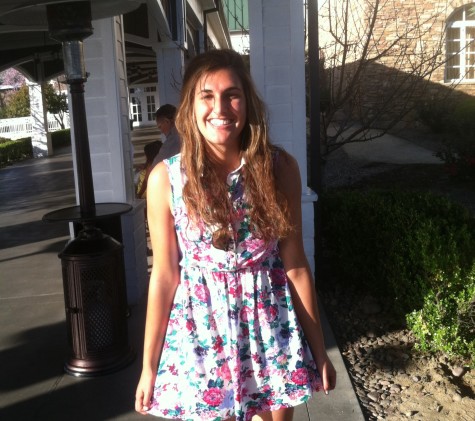AP Language and Composition Summer Reading Preview

June 16, 2014
Rising juniors have been looking forward to a summer of relaxation, hoping their biggest problems would be sunburns from long days at the beach. However, those in this group who have decided to take AP English in the coming year have realized, or will soon realize, that their summer days are going to be a little less care free. In fact, their summers are going to include plenty of close reading and textual analyses.
The summer assignment list for Advanced Placement Language and Composition assignment is certainly not for the faint of heart. Just the instructions spanned at least three single-spaced pages, and the estimated time to complete the assignment was listed at four weeks. It seems safe to assume that the summer assignment alone caused some to reconsider their choice of taking the advanced class. But fear not, because I myself completed this exact summer assignment approximately one year ago, and it is definitely doable (as long as it isn’t put off until the night before school starts).
The first book students are assigned is As I Lay Dying by William Faulkner. After reading, students are to create a lengthy dialectical journal and also write two précis. To be blunt, there is a really good chance that students will not enjoy this book. That’s not to say that it isn’t a fine literary creation, replete with deep underlying themes, interesting narration techniques, and ultimately lessons in rhetoric. The book contains all those qualities, otherwise the language department would not assign it, but it is simply not an enjoyable read. On the first day of class last year, when we were discussing As I Lay Dying, only one student in a class of twenty- something decided that they liked the book. Having said all that, there must come a point over the summer when students get over the fact that the book is not going to be a pleasant, poolside read. My advice is to make as many jokes about the title as possible (ie: As I Lay Dying? More like As I Lay Procrastinating) and then force oneself to spend a few hours in a quiet place without distractions and just read the darn thing. Also, collecting significant quotes and writing them down while reading is imperative. I made the mistake of simply annotating my book and planning to select the quotes from my annotations afterwards. Had I just actually written them down as I read I would have saved some of my invaluable summertime.
After the painful experience of As I Lay Dying, students are comforted with the modern medical novel Complications by Atul Gawande. Basically, Complications to As I Lay Dying is like the lollipop a kid receives after getting a shot. Unlike the last novel, students will likely not feel excessively burdened by this assignment because it’s such a fluid read. Take it to the beach or pool, and it’s still easy to focus on and understand; it was one of those books that I just wanted to keep reading right on through until I reached the end. I remember even wanting to read it while I was driving– but to all the recently promoted sophomores who received driving licenses only a few months ago, I must note that this is not a good idea. Anyway, Gawande notes his sometimes crazy experiences as a surgeon in three sections, and students must write a précis on each one, and then write a reflection about the full novel. The best thing to do is to write each précis immediately after finishing each section. Otherwise, if one just keeps reading until the end of the book and then decides to tackle the précis for each section all at once, all the chapters will seem to blur together. As a result, each précis will sound pretty repetitive. Other than that, students shouldn’t encounter too many problems with the Complications assignment.
Last year, there was also an assignment with Shrunk and White’s Elements of Style, but luckily for the class of 2016, it was removed. So, if students feel overwhelmed while completing the assignment, remember it could always be worse!
Good luck to the future APers.





















































